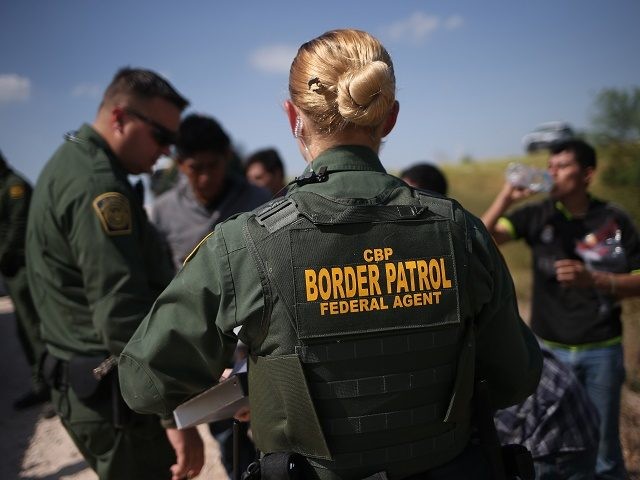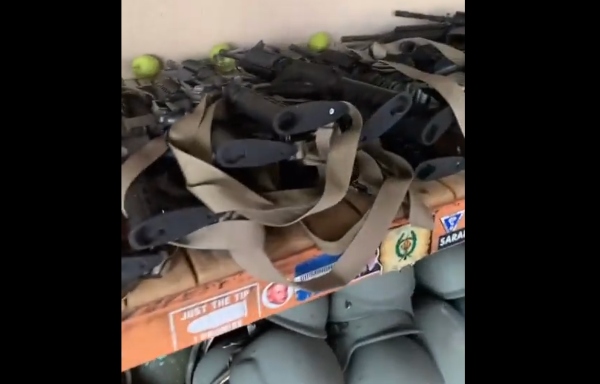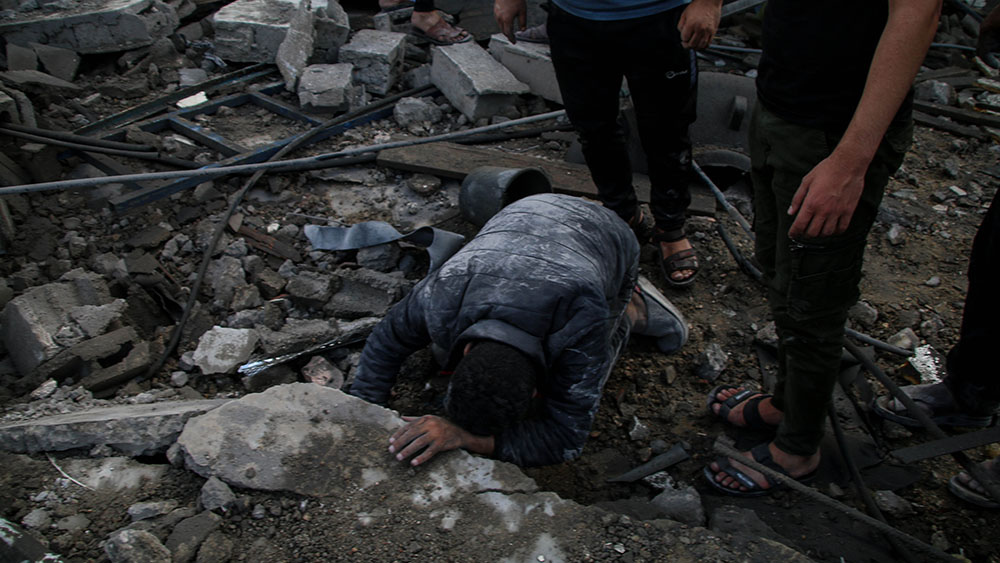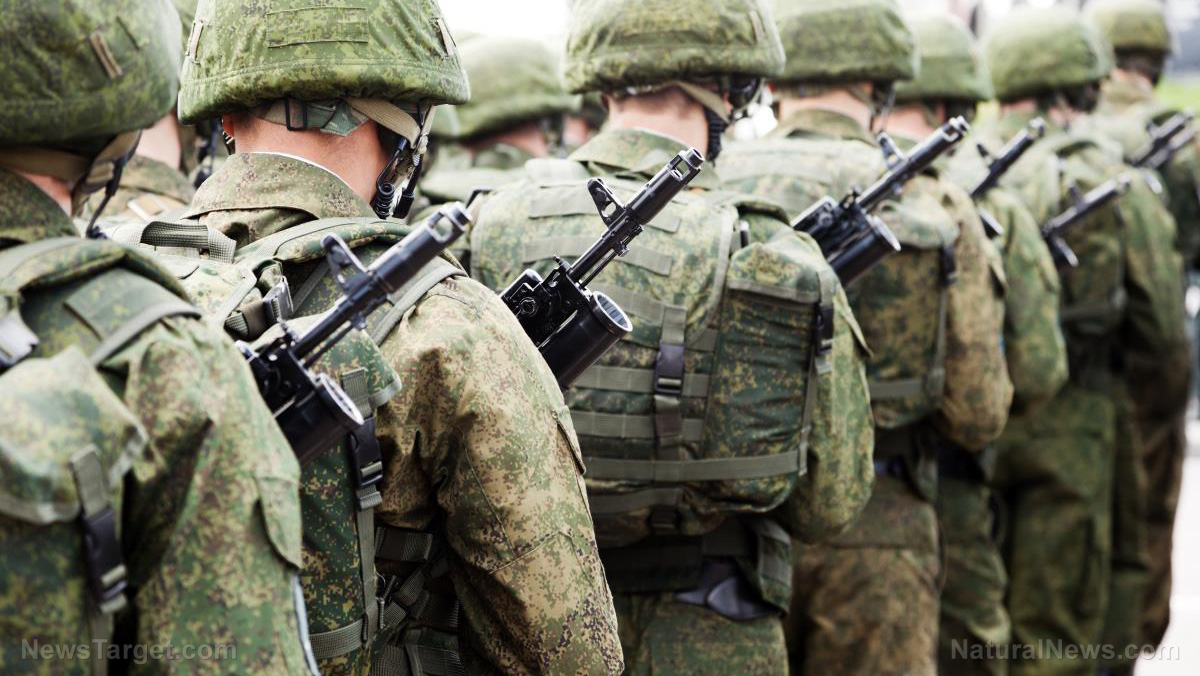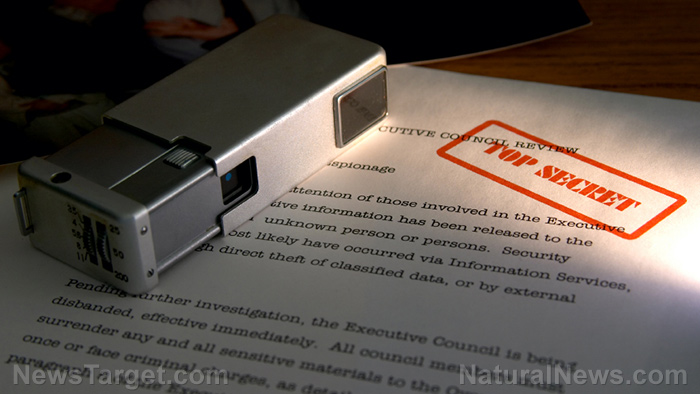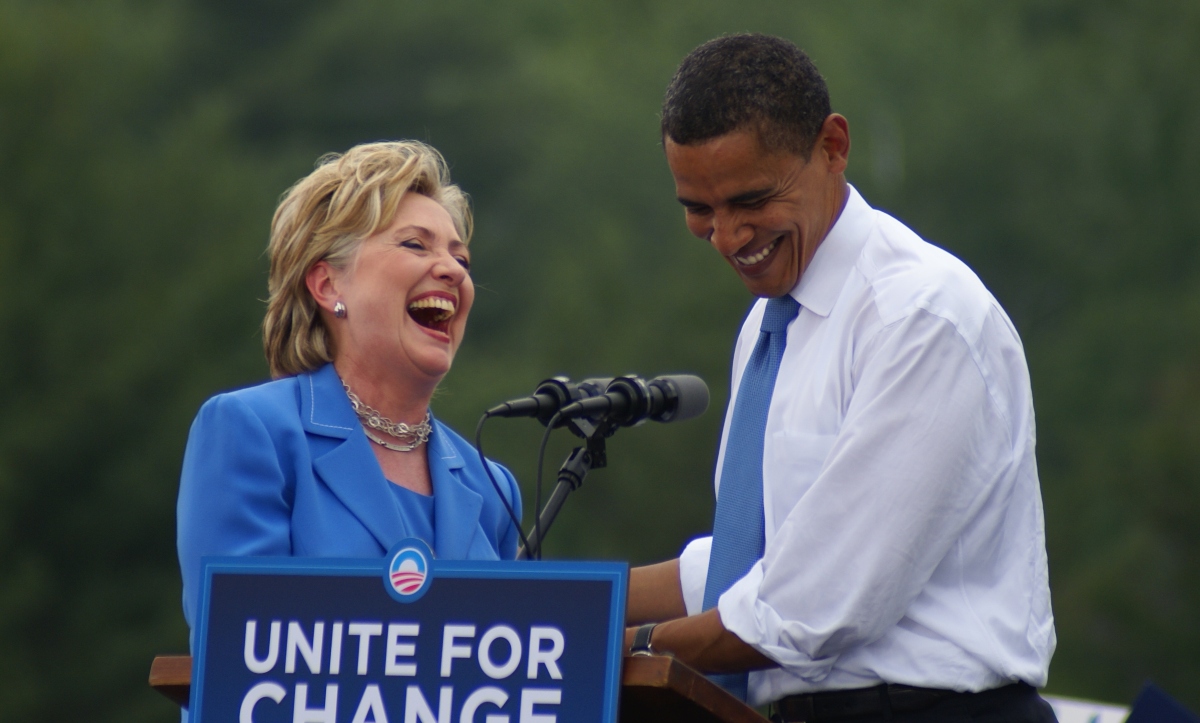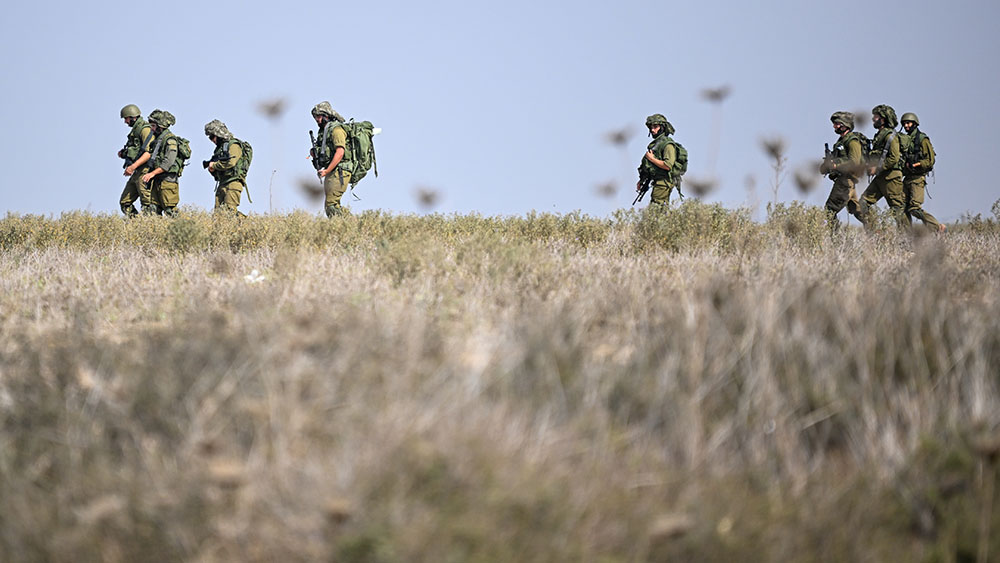U.S., Europe explore possibility of seizing frozen Russian assets and giving them to Ukraine as American funding dries up
12/22/2023 / By Richard Brown
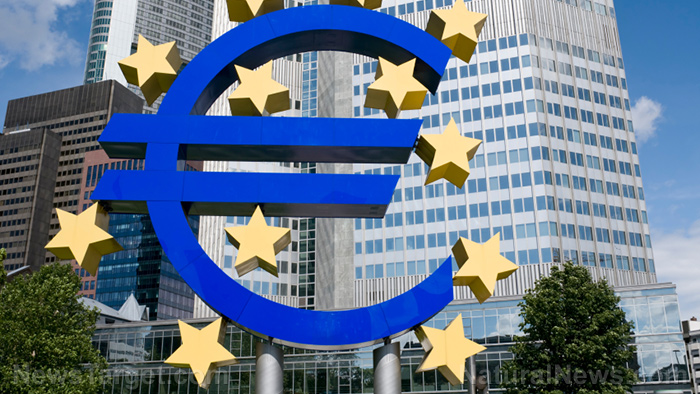
The administration of President Joe Biden is actively exploring the possibility of seizing over $300 billion worth of Russian Central Bank assets currently held in the Western world to bolster Ukraine’s war effort.
This bold initiative comes at a critical juncture as Ukraine faces waning financial support from its biggest contributor, the United States. Secretary of the Treasury Janet Yellen had previously indicated that seizing these frozen funds may not be legally permissible without a specific act of Congress. (Related: White House threatens to SEND AMERICAN TROOPS TO UKRAINE if Congress doesn’t approve more aid.)
The targeted Russian assets, frozen for nearly two years now since the beginning of Russia’s special military operation in Ukraine, have been a focal point of sanctions imposed by the U.S., Europe and Japan.
While freezing the assets was a significant measure, seizing them would represent an unprecedented step, necessitating careful legal consideration. Talks involving finance ministers, central bank officials, diplomats and legal experts have intensified in recent weeks.
Meanwhile, the Biden administration is urging ally nations including Canada, France, Germany, Italy, Japan and the United Kingdom to develop a comprehensive strategy by Feb. 24, 2024 – the second anniversary of the conflict – regarding the assets. The details of this proposed strategy are still under discussion, with critical questions remaining unanswered.
If the funds are seized, policymakers are wondering how they will be allocated and considering whether they could be legally channeled directly to Ukraine or utilized in other ways that may benefit Kyiv.
Guardrails surrounding the funds are also under scrutiny, with considerations on whether the money should be earmarked exclusively for reconstruction, budgetary support or directed toward Ukraine’s military effort.
Ukraine wants all of frozen Russian assets
One proposal circulating argues that Ukraine could receive only the interest accrued by the frozen Russian assets. Kyiv countered by noting that it would fall far short of compensating the country for the extensive damage caused by the Russian special military operation.
Kyiv is advocating for the complete transfer of all frozen Russian assets. The country estimates that it needs a staggering $400 billion for the comprehensive rebuilding of the country. If Kyiv factors in compensation for the victims of the war, it said that this figure could potentially double.
European Commission President Ursula von der Leyen had previously mentioned that the Commission was working on a proposal to utilize some of the profits generated from frozen Russian state assets to aid Ukraine in its post-war reconstruction.
The total value of these frozen Russian sovereign assets is approximately 211 billion euros ($223 billion), and the European Union has determined that Russia should bear the responsibility for financing Ukraine’s reconstruction.
Iryna Mudra, Ukraine’s deputy justice minister, informed Reuters that Kyiv’s partners are contemplating the introduction of a tax on the income or investment of these frozen Russian assets.
While Kyiv appreciates this idea, it deems it insufficient. Mudra emphasized that the only viable solution is the complete confiscation of these assets, handing them over to Ukraine. She acknowledged that such a decision requires political will and cautioned against viewing alternative initiatives as comprehensive solutions.
President Volodymyr Zelensky stressed the urgency of jointly deciding to release the frozen funds for renovation, highlighting the pressing need for funds to rebuild the economy and combat Russia.
Watch this clip from “Greg Kelly Reports” on Newsmax as he discusses how the Biden administration isn’t actually helping Ukraine win.
This video is from the NewsClips channel on Brighteon.com.
More related stories:
Spain’s idea to help Ukraine using SEIZED profits from frozen Russian assets deemed unviable.
Sources include:
Submit a correction >>
Tagged Under:
big government, bubble, chaos, conspiracy, economic riot, finance, finance riot, frozen assets, frozen funds, insanity, Joe Biden, money supply, risk, Russia, Russia-Ukraine war, sanctions, Ukraine, White House
This article may contain statements that reflect the opinion of the author
RECENT NEWS & ARTICLES
COPYRIGHT © 2017 NATIONAL SECURITY NEWS



